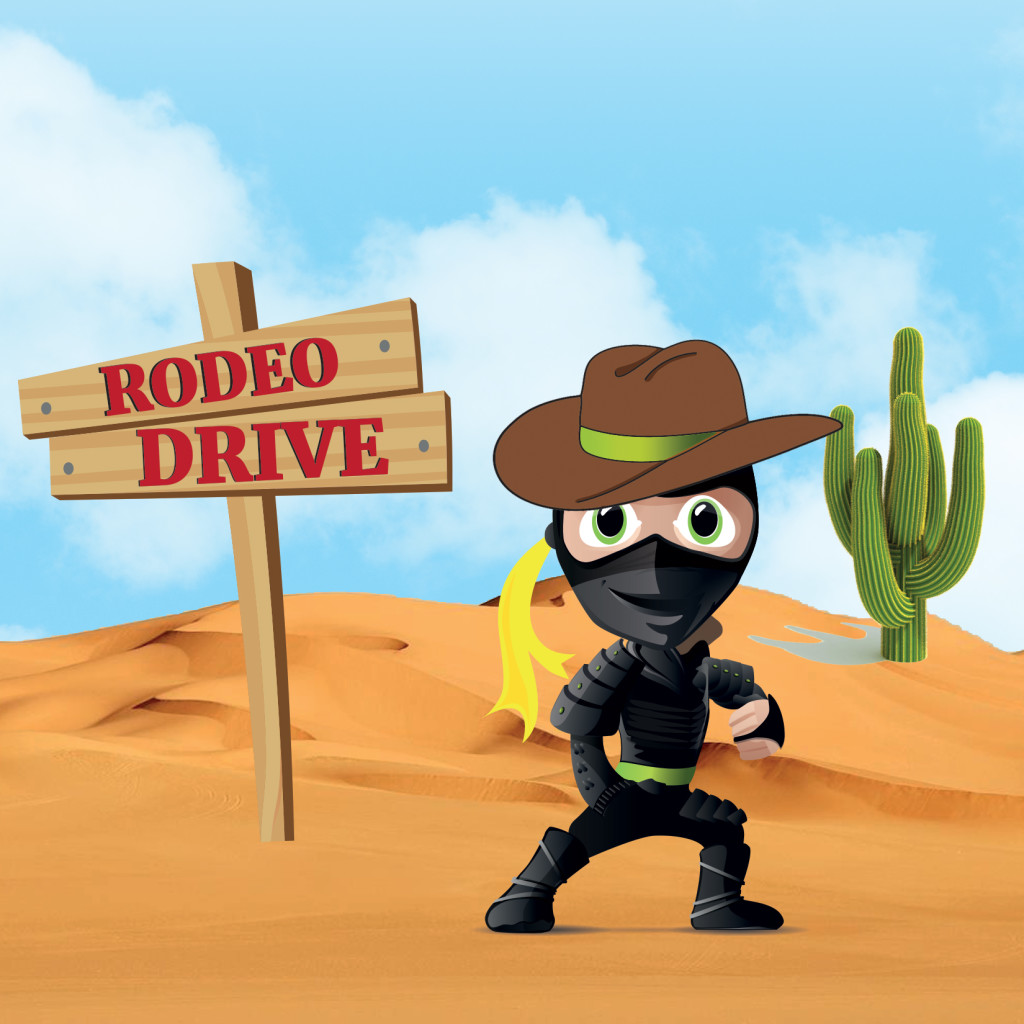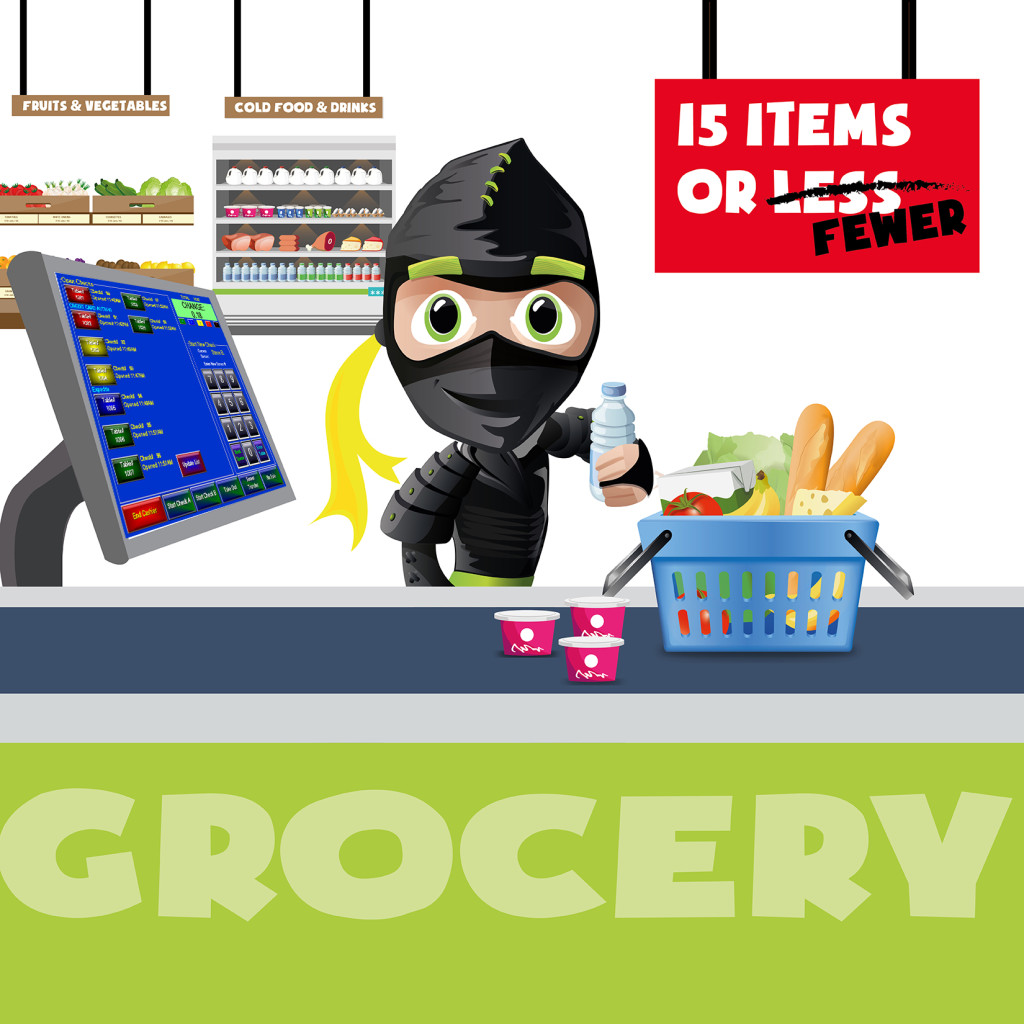Q: My 81-year-old grandma has been dating a man her own age for a few years now. They’re not planning on getting married, but they are a “couple.” How should I refer to him? “Boyfriend” just seems weird, and grandma just calls him Larry.
Read More
Hello, and welcome to Questions from a Language Ninja! This is where the Ninja does her level best to answer complex linguistic queries, despite the fact that her qualifications come exclusively from her extensive experience in writing ransom notes. Let’s get started!
Read More
I stared at my bowl of soup.
The floating fish head stared back.
As I locked eyes with the fishy compatriot that was supposed to be my dinner, the only thought in my head was:
Read More
Hello, and welcome to the latest edition of “Questions for a Language Ninja,” the only Q & A language usage column where nearly every response to burning linguistic queries is: “It’s all good, man,” at least when those queries arrive in the middle of an otherwise lazy summer. Let’s get started.
Read More
30 06 2015
The Subjectivity of Language
As someone who’s had a passion for language since I was a child, I’ve always enjoyed the nuances of language and how different people use it in different ways. While the subjectivity of language may at times be a source of miscommunication and even frustration in our personal and professional relationships, it’s also reflective of the plurality of expression, the variances in thought patterns, and the differences between cultures.
Read More
Welcome to the very first Language Ninja column of the summer! Let’s pour ourselves a frozen peach iced tea, relax by the pool, and start tacklin’ some rules of grammar and syntax!
Q: Is “close proximity” redundant?
A: A bit, yes. Of course, that doesn’t mean that the Ninja won’t go on and on at length about the subject.
Read More
16 06 2015
The Dream of a Common Language
It may be a familiar trope in crime stories, but having a dead body in the trunk is a lousy selling point for an automobile. When Ford launched its ad campaign in Belgium, they wanted buyers to appreciate their excellent manufacturing and came up with the slogan “Every car has a high-quality body.” However translated into Dutch, one of Belgium’s three official languages, the ad became “Every car has a high-quality corpse,” which was less than persuasive. Thanks to a translation error, Ford’s new model sounded as if it was an accessory to a crime rather than something you’d willingly drive off the lot.
Read More
02 06 2015
How to Use (and Avoid) Obscure Words
If you are someone who enjoys writing, you probably take pride in using your skill and knowledge of the language to craft a message that communicates exactly the intended point. The raw materials at your disposal—words—are not unlike those of a sculptor; some are easier to work with than others. So when you can master the harder materials—more obscure words—you might feel a special satisfaction.
Read More
Q: What is the difference between “less than” and “fewer than?”
A: This distinction is one of those linguistic phenomena that is more a matter of style than actual, understandable meaning. No matter which form you use, you will be understood perfectly, but that won’t stop people from calling you a moron on social media forums if you don’t use the “correct” phrase. Well, the Ninja is all for jettisoning useless style rules, but she prefers doing so only after those style rules are learned and understood. It’s the difference between presenting yourself either as an intellectual maverick, or just sounding like a failed reality TV star.
Read More
When the phrase “extinction” is inevitably brought up in polite conversation, there’s a good chance that the first topics that jump into people’s minds are the declining mountain gorilla population or the sorry lack of Mexican grizzly bears in today’s wilderness.
Well, those may not be the primary examples that normal people usually consider, but the sad truth is that extinctions are silently occurring on a level far removed from many people’s minds—the extinction of language!











